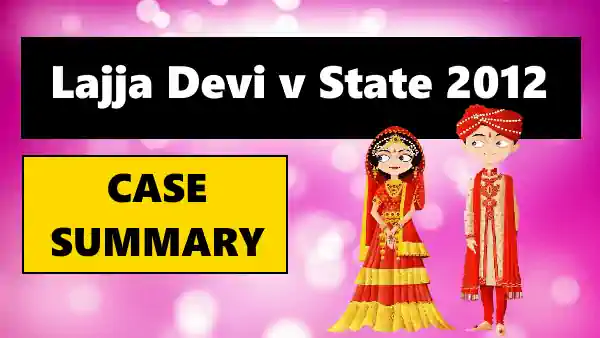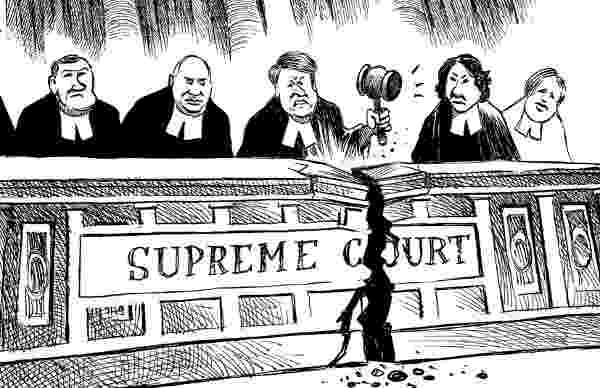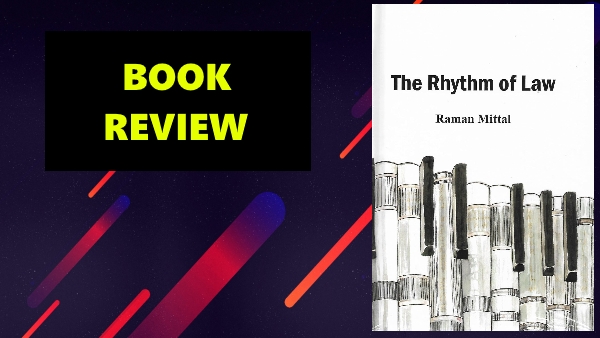The Court on its own motion Lajja Devi v State case, showcases the existing ambiguity and vagueness regarding the legality of marriages between a minor and an adult.
DATE OF JUDGEMENT:
27th July 2012
BENCH:
Justice Sanjeev Khanna, Justice V.K Shali, Justice A.K Sikri
RELEVANT PROVISIONS:
- Section 5 of Hindu Marriage Act, 1955
- Section 3 and Section 9 Prohibition of Child Marriage Act, 2006
FACTS OF LAJJA DEVI vs STATE CASE:
- A letter was written by Smt. Lajja Devi to the Chief Justice of the Court alleging that her daughter Ms. Meera (minor) was kidnapped by Pramod, Vinod and Manoj from Delhi, where her daughter visited her maternal uncle to meet him.
- After which she also filed an F.I.R under section 363 of I.P.C. The letter was deemed as a Writ Petition and was placed before the bench.
- Moreover, it was admitted by Ms. Meera (minor) that she was not kidnapped, but went with the accused in her own free will. It took some more petitions with similar facts into consideration.
LEGAL ISSUES:
- What will be the legality of marriage solemnized between a minor and an adult?
- Whether it permit the husband the custody of his minor wife?
RATIO DECIDENDI:
- After analysing various authorities, courts concluded such marriages are simply not void nor avoidable they are non existent.
- But there are certain provisions in some enactments which imply or refer such marriages as voidable. The section 6 (1) (c) of Dowry Prohibition Act uses words “when women was a minor” or section 13 (2)(iv) of Hindu Marriage Act which provides the option of dissolution to women these provisions confer such marriages are voidable.
- The Prohibition of Child Marriage Act, 2006 itself allows marriage of minor girl if the customs, tradition, religion, personal law provides for the same. Rendering such marriages a legal status.
- If a marriage is not void, a wife would follow her husband as it is already provided under section 6 (c) Hindu Minority and Guardianship Act, 1956, that the husband is the guardian of the wife
- If the girl is below 16 years of age, consent is immaterial. But if a special circumstance persists and the girl, after attaining the age of 16 or more, gives a statement that she consented to go with the man in question, then the proceeding under section 363 and 376 I.P.C can be quashed.
DECISION:
It was concluded by the court and established by the evidence that Ms. Meera was minor when she consented to go with the accused and married him. But as of now, she is 17 years of age and as per the analysis this marriage is voidable and when attains the age of majority it will be her choice to exercise her rights under the Prohibition of child marriage act, 2006.
Found The Court on its own motion Lajja Devi v State case summary useful? We have a bunch of useful topics from family law that will help you in your preparation here >>> FAMILY LAW.
Check out our YouTube Channel for free legal videos >>> LAW PLANET YT






